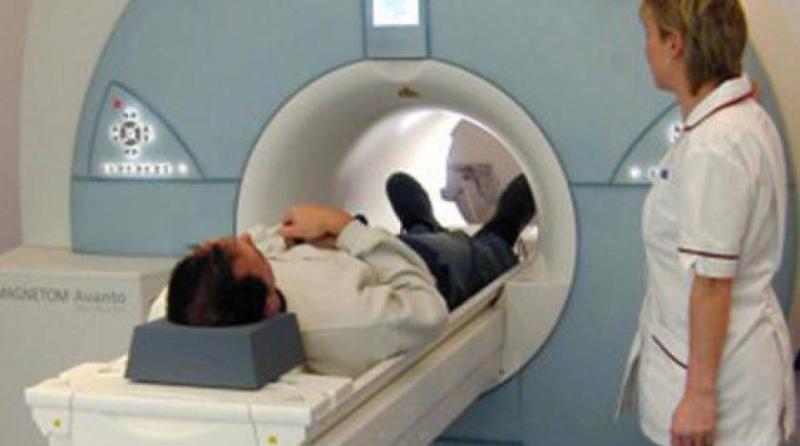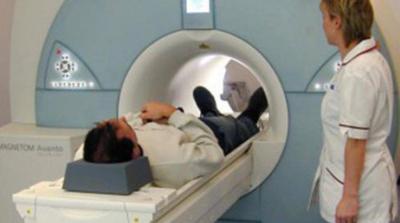There are various imaging techniques available to diagnose different health issues, with X-rays being the most common. MRI scans, however, are a widely used procedure around the world that is extremely important for understanding problems within your body, as reported by the specialized medical site "onlymyhealth."
**What is an MRI?**
In this test, a large magnet is used along with radio waves and a computer to transmit details across sections. The images of the organs and internal structures identify dysfunction, injury, or issues occurring within the body. MRI differs from CT scans and X-rays as it does not use potentially harmful ionizing radiation that can negatively affect the body.
**Uses of MRI**
According to doctors and scientists, MRI has numerous applications that help in examining details of human organs and structures. MRI machines are essential in hospitals like "Nai," serving as key tools for diagnosing complex health conditions.
Here are some beneficial uses of MRI for your health:
- Diagnosing abnormalities of the brain and spinal cord
- Identifying cysts and tumors in various organs and body parts
- Assisting in the detection of breast cancer and screening women at high risk for breast cancer
- Diagnosing abnormalities in joints, back, and knees
- Examining certain heart problems and abnormalities
- Detecting liver diseases and issues related to abdominal organs
- Evaluating pelvic pain in women and causes like fibroids and endometriosis
- Diagnosing suspected issues such as uterine abnormalities in women undergoing infertility evaluations
The scope of MRI use for diagnosing diseases and health issues is continuously expanding, with technological advancements enriching the application of MRI in the medical field.
**What You Should Know Before Undergoing an MRI Scan?**
Many people are confused about the ideal position for an MRI scan and what to do during the procedure. First and foremost, it is important to have all vital signs under control. Once positioned, you will be taken to the MRI room where the doctor will check for any metallic objects on your body that need to be removed if present.
Since MRI uses a high-frequency magnet, having any metallic objects nearby or on your body during the scan can be very dangerous. After confirming these aspects, you will proceed to the procedure. The doctor will ensure that you are not overly anxious and will not commence the MRI until the patient is calm. It is also noted that devices like cochlear implants, aneurysm clips, and pacemakers are not allowed in the MRI machine.
**MRI Procedures**
Patients may receive an intravenous contrast injection to enhance the visibility of specific tissues relevant to the scan. The radiology technician or medical imaging professional will ensure patients are comfortable on the MRI table, and pillows and blankets may be provided if possible.
Safe earplugs or headphones will be given to patients to reduce the anxiety caused by the loud sounds of the MRI machine during the test. This is especially done for children, as they may be afraid of the loud, intimidating noises.




